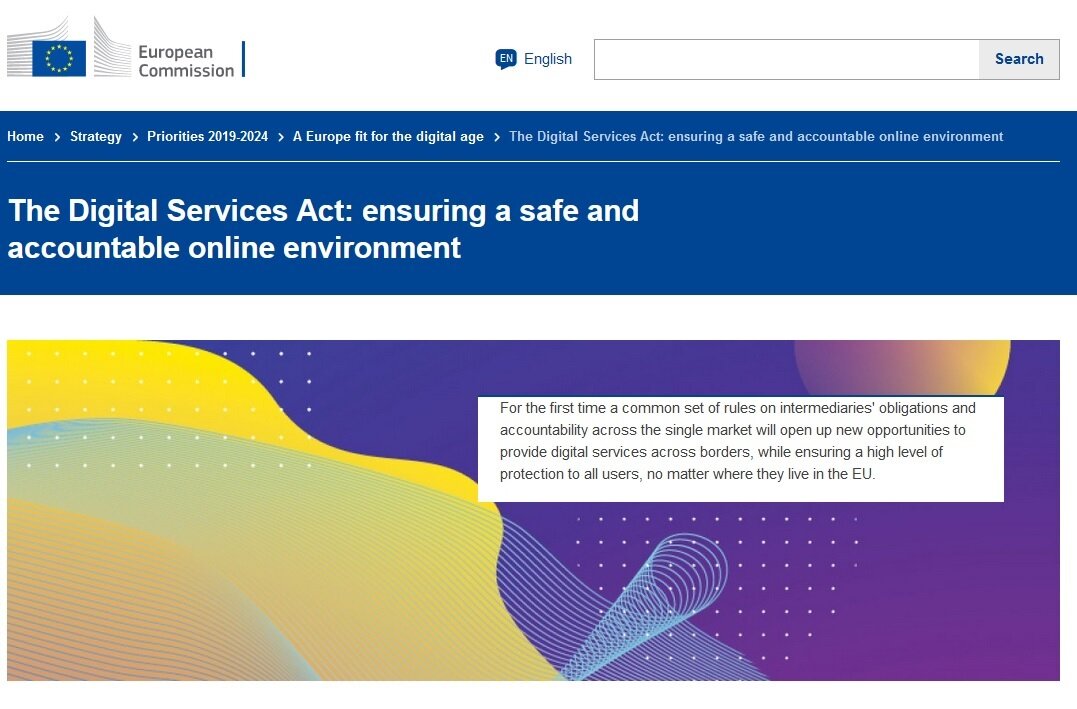Why the Digital Services Act Could Revolutionise the Internet
Now I know… I know… legislation reviews don’t sound that interesting on the face of it but stick with me…
If you have so much as looked at a computer in the last ten years, the Digital Services Act will affect you and how you interact with the Internet. So, what exactly is the Digital Services Act?
In simple terms, it sets out the new responsibilities for online platforms, including social media sites like Facebook and Twitter.
Why is this important? The world is becoming increasingly digitalised. We now spend over two hours on our phones everyday worldwide and social media platforms have fundamentally changed the way we interact with each other. Internet legislation, however, has not kept pace with this rapid change. Misinformation, pseudoscience, and conspiracy theories have continued to spread widely across the Internet, and the EU has decided that now is the time to rewrite the rulebook on how the Internet operates.
While currently an EU initiative, it is unlikely to remain contained to Europe. Just as the General Data Protection Regulation (GDPR) – the reason every website you visit asks you to ‘accept cookies’ – became the global model for data protection legislation, so to will the Digital Services Act likely follow a similar path for content online.
What changes? Potentially a lot. Although many may never even notice it.
Current proposals outline increased obligations on platforms to monitor content and illegal products, as well as establishing higher standards of transparency and accountability regarding the use of algorithms. Platforms are also expected to produce reports detailing the removal of content. This would allow a first real look into the way that online platforms operate and regulate online content, as well as give users the opportunity to challenge any content removal. Potentially a win-win for consumers.
Increased Monitoring? That’s bad, right? Not necessarily. Content creators will be expected to provide more information before being allowed access to online services. It is hoped that a further level of accountability will help curtail fraudulent activities and the spread of damaging content.
Problem solved then? Not quite. The reality remains that the Internet represents both the best and worst of humanity and there are fears that more extreme content will simply evolve and move to more obscure areas of the Internet beyond legislative control.
The Digital Services Act promises much but negotiations are still on going and the exact terms won’t be known until it becomes law. One thing, however, is certain: change is coming. From the products we buy to the content we view online. The proposals outlined so far point towards a safer and more transparent Internet for consumers. Now it just needs to deliver it…
Coming next: Why censoring political opponents hurts us all.


